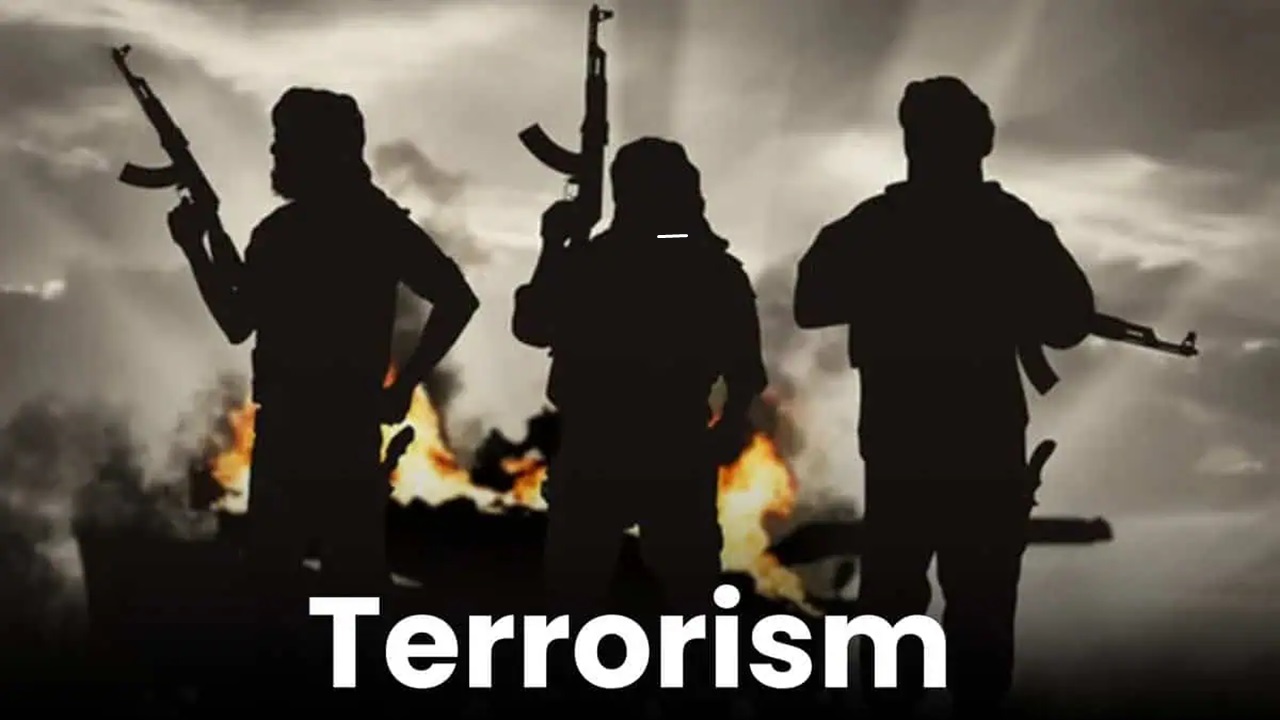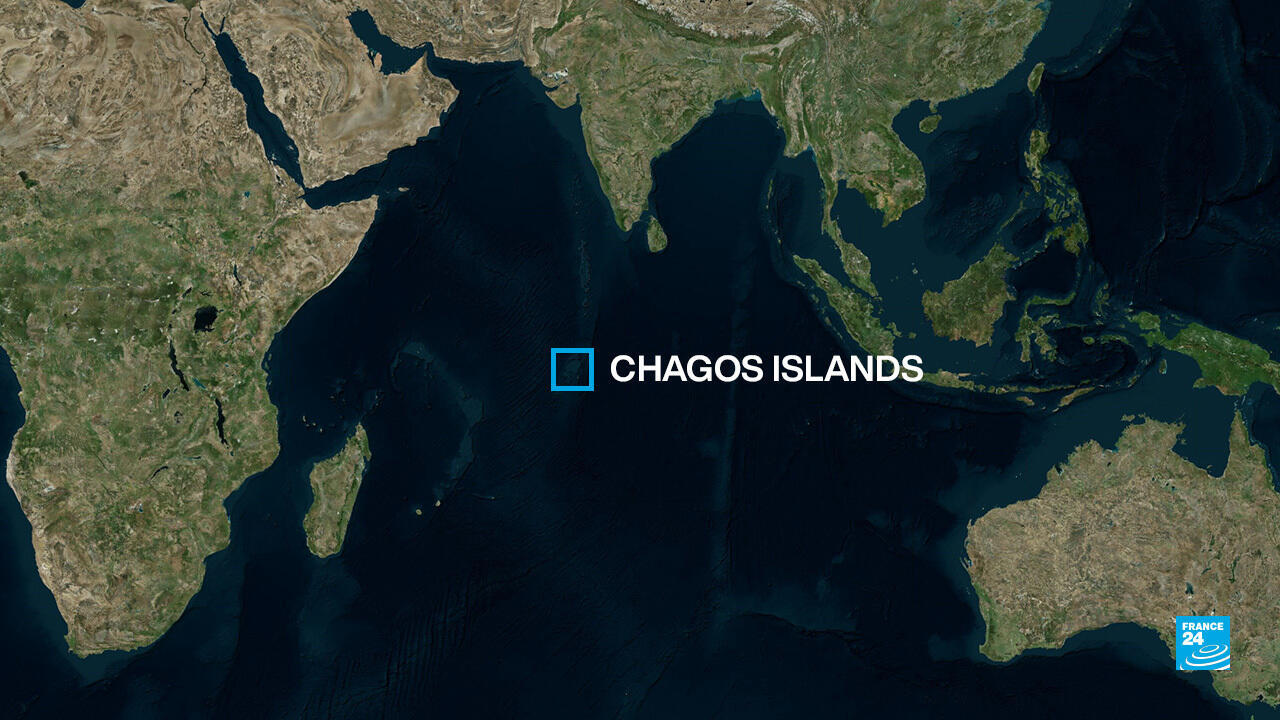Global Fight Against Terrorism
Terrorism as a Global Threat: Need for a Unified Response
Introduction
In an increasingly interconnected and volatile global landscape, terrorism continues to pose one of the gravest threats to international peace and security. While many countries have individually ramped up their counter-terrorism measures, the absence of a unified and coordinated international framework has resulted in fragmented efforts. The global fight against terrorism involves not only eliminating terrorist networks but also dismantling their ideological, financial, and logistical support systems. This issue holds significant importance for India, which has been a persistent victim of cross-border terrorism and has actively advocated for stronger global mechanisms to counter the menace.
The Pahalgam terror attack of AprilWhy in News? 22, 2025, has once again exposed the fragmented nature of the global counter-terrorism architecture and highlighted the urgent need for a unified global response against terrorism.
International Framework Against Terrorism
1. United Nations Security Council (UNSC)
-
The UNSC is the primary global institution responsible for international peace and security.
-
Its resolutions are legally binding on all UN member states.
Key Resolutions:
-
Resolution 1373 (2001): Passed after the 9/11 attacks, this mandates states to criminalize terrorism, freeze assets of terrorists, and enhance international cooperation.
-
Resolution 1540 (2004): Seeks to prevent non-state actors from acquiring weapons of mass destruction.
-
Resolution 2178 (2014): Focuses on the threat posed by foreign terrorist fighters.
2. United Nations Global Counter-Terrorism Strategy (2006)
-
A first-of-its-kind global instrument adopted by consensus.
-
It outlines a comprehensive strategic and operational framework to prevent and combat terrorism.
-
Reaffirms that states have the primary responsibility in fighting terrorism and violent extremism.
3. United Nations Office of Counter-Terrorism (UNOCT)
-
Established in 2017, it promotes international cooperation and coordinates UN efforts.
-
Focuses on building capacity, promoting counter-terrorism norms, and addressing root causes of terrorism.
4. International Legal Instruments
There are 19 international legal conventions addressing different aspects of terrorism:
-
1970 Hague Convention: Addresses aircraft hijacking.
-
1997 Convention: Targets terrorist bombings.
-
1999 Convention: Focuses on the financing of terrorism.
-
2005 Convention: Aims to prevent acts of nuclear terrorism.
5. INTERPOL
-
Facilitates international police cooperation, especially in tracking and detaining globally wanted terrorists.
-
Maintains a terrorist watch list, shares intelligence, and conducts capacity-building exercises.
6. Financial Action Task Force (FATF)
-
The global watchdog on money laundering and terror financing.
-
Monitors countries for compliance and maintains “grey” and “black” lists for high-risk jurisdictions.
-
Pakistan has been under scrutiny and previously grey-listed due to insufficient action against terror financing.
7. Global Counterterrorism Forum (GCTF)
-
An informal multilateral platform founded in 2011.
-
Works to build international best practices and counter violent extremism at local and global levels.
8. Regional Frameworks
-
European Union: EU Counter-Terrorism Strategy, Europol, Eurojust.
-
African Union: Algiers Convention (1999).
-
ASEAN: Convention on Counter-Terrorism.
-
SAARC, SCO, and BIMSTEC have also made efforts, though implementation remains a challenge.
Challenges in the Collective Fight Against Terrorism
-
Fragmentation of Global Response
-
Countries have differing threat perceptions and prioritize their own national concerns.
-
For example, Europe focuses on right-wing extremism, while the United States targets racially motivated extremism.
-
-
Lack of Uniformity and Cooperation
-
Political considerations lead to double standards in designating and combating terrorists.
-
Example: Canada refuses to act against anti-India elements, citing “freedom of expression.”
-
-
Geopolitical Constraints
-
Strategic alliances prevent unified actions.
-
For instance, China blocked multiple Indian proposals in 2022 to blacklist Pakistan-based terrorists under UNSC 1267 sanctions.
-
-
Weak Enforcement Mechanisms
-
Despite legal instruments and UN mandates, enforcement remains weak due to national sovereignty and differing domestic laws.
-
-
Emerging Technologies and Tactics
-
Terrorist groups use cyber tools, encrypted messaging, and social media for recruitment, planning, and propaganda.
-
These platforms make tracking and intervention more difficult.
-
-
Escapism by Certain International Bodies
-
Some organizations like the OIC focus solely on Islamophobia, often overlooking actual terror threats in member states.
-
-
State-Sponsored Terrorism
-
India is the primary victim of cross-border terrorism, particularly from Pakistan, which provides safe havens and support to groups like Lashkar-e-Taiba (LeT) and Jaish-e-Mohammed (JeM).
-
What Lies Ahead?
-
Strengthen Multilateral Counter-Terrorism Mechanisms
-
India should push for reforms in UNSC, FATF, and UNOCT to make them more responsive and effective.
-
-
Diversification and Reform of UNSC
-
Expanding UNSC membership with greater representation from the Global South is critical for better consensus-building and enforcement.
-
-
Use of Regional Platforms
-
SAARC, BIMSTEC, and SCO should be re-energized to address regional security threats through joint action and intelligence sharing.
-
-
Improved Intelligence Sharing and Capacity Building
-
Establishing real-time information-sharing networks among like-minded nations can prevent cross-border attacks and dismantle networks.
-
-
Tackling Terror Financing
-
Full compliance with FATF norms is essential to cut off financial networks of terrorists.
-
-
Preventing Radicalization
-
Investment in education, community outreach, and counter-narratives is essential to stop the spread of extremist ideologies.
-
Conclusion
Despite the existence of multiple frameworks, the global fight against terrorism remains inconsistent and politicized. As a long-standing victim of terrorism, India has both the experience and moral authority to lead a global movement towards a coordinated, inclusive, and firm counter-terror strategy. Only through genuine international cooperation, institutional reform, and collective political will, can the world hope to effectively combat the scourge of terrorism.


.jpg)

Comments (0)